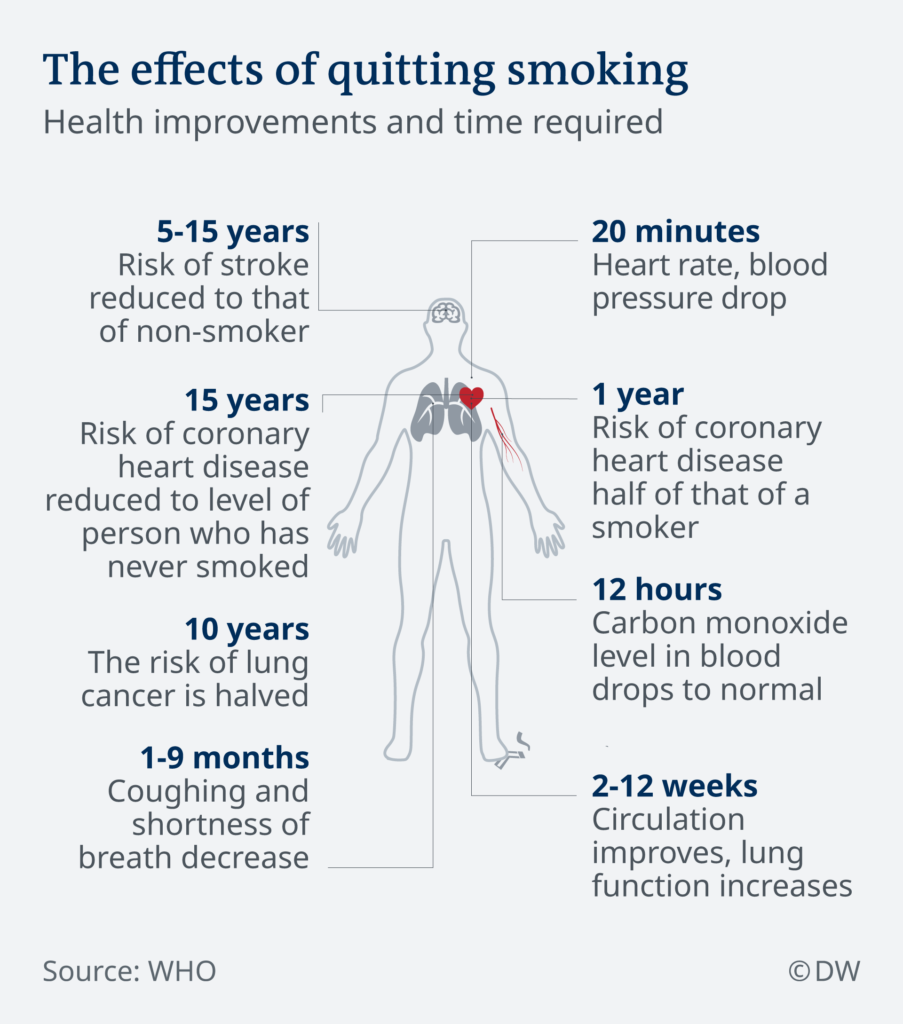Heart Health
Heart disease is the leading cause of death, according to the Centers For Disease Control and Prevention. The CDC estimates that nearly half of these deaths were preventable. The World Health Organization goes even further and suggests that 80% of premature heart attacks and strokes were preventable. What can you do to reduce your risks and avoid being a part of these statistics?
Risk factors
The first thing you need to do to prevent heart issues is to identify what can be your organism’s weaker point. Sometimes, we fall into a higher-risk group simply because we inherit heart or blood circulation system problems. Even though we can’t do much about such things, we can keep them in mind and pay special attention to our health - for instance, seeing a doctor regularly.

But many factors that affect our cardiac health are reversible.
6 controllable risk factors
Obesity
High body mass is an extra load on the heart. Besides, obesity may cause other health problems, which will add to the problem. Doctors recommend staying within a healthy weight norm, give or take, to reduce the risks of developing heart diseases.
High Cholesterol
One of the conditions that can develop due to obesity is a high cholesterol level. If you consume a lot of fat, move little and don’t exercise enough, your cholesterol may reach an unhealthy level.
Diabetes
Diabetes can be a non-avoidable condition (Type I), but Type II is a disease that, in many cases, develops because of our lifestyle. That can be eating unhealthily, not moving enough, consuming too much alcohol, smoking - you name it. Interestingly, it can be both the cause and result of obesity - another proof for their interrelation.
High blood pressure
This is another potential result of obesity. It’s not the only cause of high blood pressure, but definitely one of the frequent ones. Awful enough on its own, it can also significantly increase the risk of heart diseases. Unfortunately, sometimes, there’s little we can do to avoid hypertension. What we can do, though, is to lower the possibility or control the further development of this condition. We’ll get back to it further.

Smoking
Most medical experts all over the world recommend quitting this habit because of how many health issues it brings alongside it. Heart problems are one of these unwanted consequences.
Stress
Medical research says stress is a cause of 90% of illnesses and poor health conditions. What people sometimes find surprising is that the lack of activity causes us to feel less happy.
What makes the situation scarier is that around 80% of Americans have one or more of these risk factors. Is there a solution?
To extend your life for weeks, months or, possibly, years, follow the advice of the experts from the CDC, the American Heart Association, and the World Health Organization. Take proactive measures: identify those risks in your life and correct those that can be controlled.
Help your heart!
- Follow a healthy diet. A balanced, high in fiber plant-based diet of fresh fruits and vegetables, combined with a moderate amount of lean proteins and healthy fatty acids. Limit added sugar, salt and saturated fats and avoid foods prepared (fried) in trans fats. Those burgers, fries and pepperoni pizzas may taste good today, but they will not help you live longer years down the road. Think about everything you eat and make more natural, healthier choices.

- Get more exercise. Moderate regular exercise can prevent obesity, lower your blood pressure, and help avoid Type II diabetes. As little as 20-30 minutes of moderate-intensity exercise, like walking, running, swimming, at least 3 times each week will get your heart pumping. Remember: your heart is a muscle that you can train, and it will become stronger as you exercise. Physical activity and fitness reduce your risk of heart problems, help you lose weight, stabilize blood sugar and insulin levels, and reduce high blood pressure. An all-encompassing solution!
- Stop smoking. Smoking doubles your risk of heart disease and stroke. It will be one of the most difficult things you’ve ever done, but once you stop smoking, you will experience immediate health benefits. DW shares the infographics of how your health improves as you spend more and more time free from this habit:

- Avoid stress. Stress and depression contribute to nearly 30% of heart attacks. The work-related negativity, like issues in communication with clients, adds to the overall stress level. If there’s anything you can do, from equipping your workplace better to improving data exchange processes at work, do it! Exercise will help reduce your stress level; so will yoga and meditation. Learn methods to avoid or manage your stress, and, in turn, avoid stress eating, emotional eating or heart disease.
These seemingly little but essential improvements will make your health so much better you won’t believe it. Start implementing these good habits into your daily routine, and your heart will appreciate it a lot!











